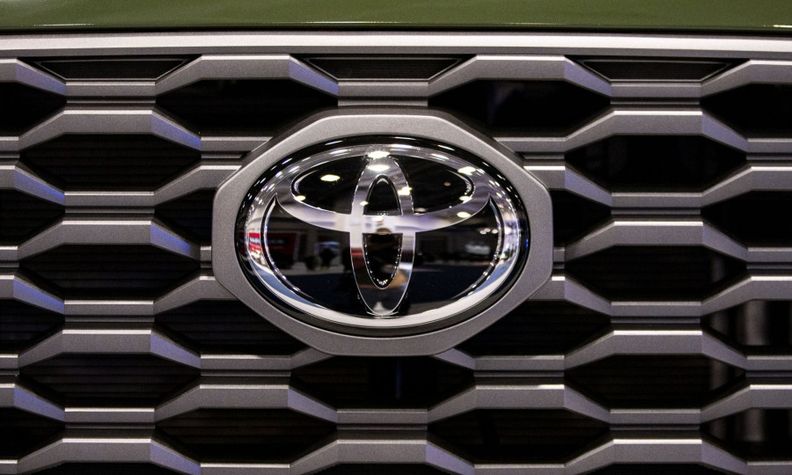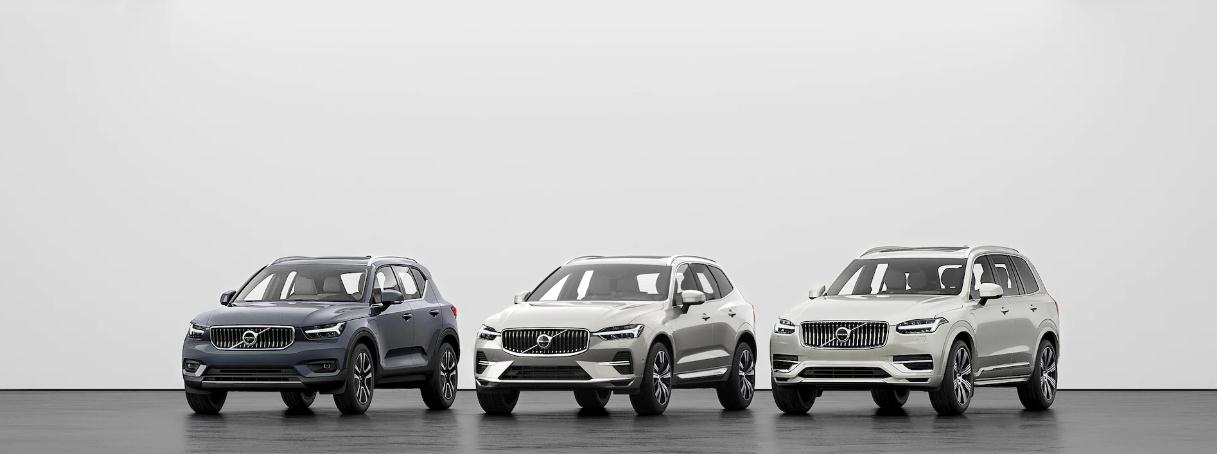VW plans to move German production lines
Europe's gas crisis has triggered a ripple effect that is spreading across several industries. In an interview Thursday (Sept. 22) local time, a Volkswagen executive said the company should be able to maintain production for the next five to six months if Germany can continue to replenish its gas reserves, but higher energy prices and an unstable supply chain network pose risks to its global production. The executive warned that VW expects a gas shortage from June 2023 if supplies from the Nord Stream 1 gas pipeline are not restored, a forecast based on a Goldman Sachs study of German gas supplies.
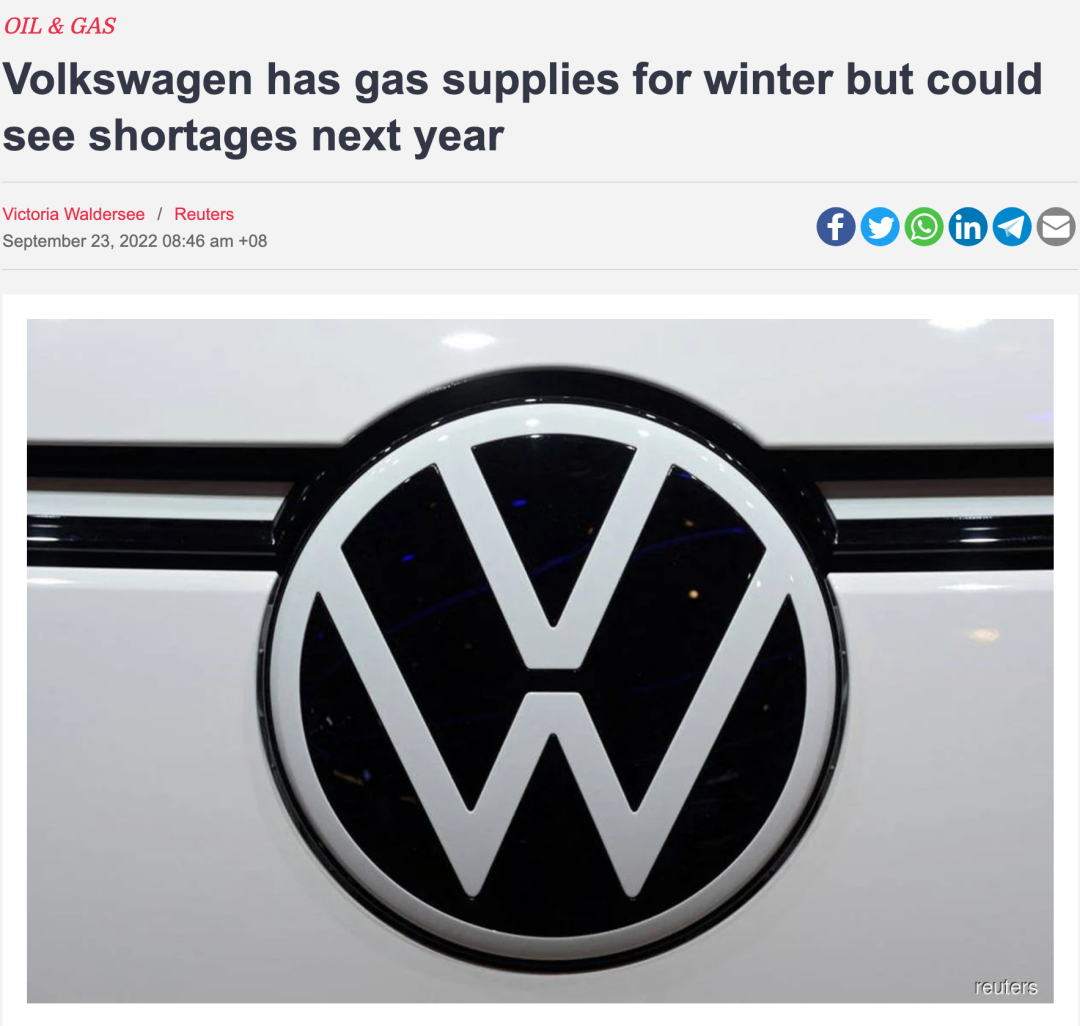
VW executives warned that suppliers in energy-intensive areas such as glass and chemicals will not be able to tolerate rising gas and electricity prices for long. To prevent parts shortages from affecting production, VW plans to take short-term measures including increasing inventory in warehouses and transportation channels such as ships and trains, while medium-term solutions may include shifting production to other regions.
Since the outbreak of the Russia-Ukraine conflict in February, Europe's gas supply has been in crisis and energy prices have soared, dealing a heavy blow to European industry. on September 2, Gazprom announced that the Nord Stream 1 gas pipeline, which had stopped supplying gas for three days, could not resume supply for technical reasons and would be completely stopped indefinitely. Gazprom stated its position on when the pipeline would resume transmission and denied any political motivation for the move.
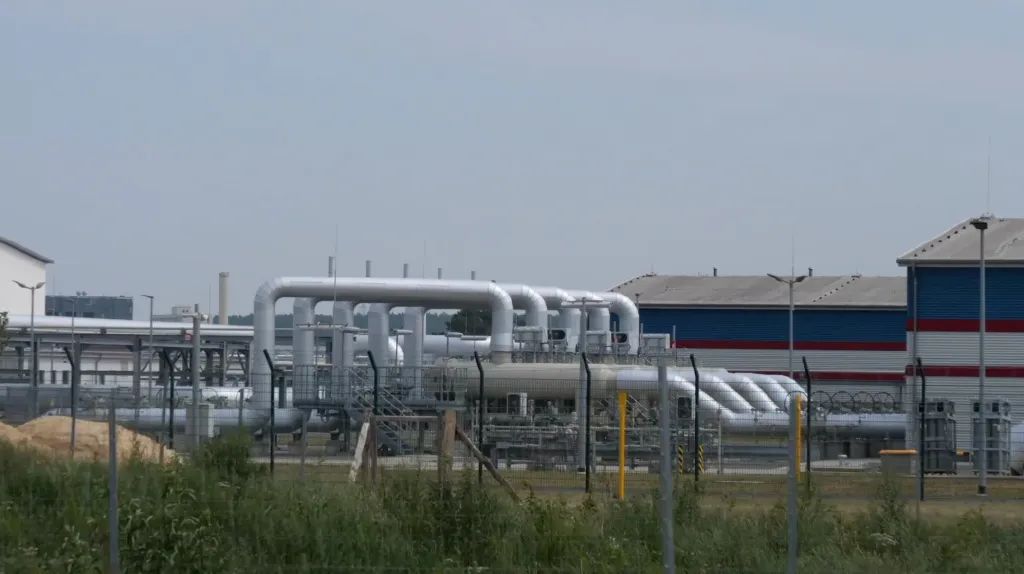
It is understood that the "Nord Stream 1" is a natural gas pipeline connecting Russia and Germany, the pipeline in the upcoming autumn and winter node cut off the gas, impacting a number of industries, including aluminum, zinc, fertilizers, paper and other industries, shutdown, production cuts, become a high energy-using enterprises in Europe had to make the choice.
For the Russian gas supply cut-off, the German Ministry of Economy issued a statement saying that the situation in the gas market remains tight, but energy security supply has been ensured. A spokesman for the economy ministry said: "We do not express an opinion on this statement from Gazprom, but in the past few weeks we have seen the unreliability of Russia and have continued to take firm measures to get rid of our energy dependence on Russia. We are more prepared today than we were a few months ago."
Even so, Germany, which is heavily dependent on Russian pipeline gas, has remained firm. Chancellor Scholz said that even if Russia stops gas supplies, Germany will probably survive the winter "unscathed" and without a crisis. German Vice Chancellor and Economy Minister Habeck also stated that he does not expect to rely on Russian gas delivered by Nord Stream this winter.
Although VW said it has prepared for gas shortages this winter, the company is still concerned about the impact of high gas prices on its suppliers. VW executives warned that suppliers in energy-intensive sectors such as glass and chemicals will not be able to withstand higher gas and electricity prices for long. The spike in gas and electricity prices is now out of control and must be curbed by politicians," said Thomas Steg, the company's head of external relations. Otherwise, energy-intensive small and medium-sized suppliers will have major problems and will in turn have to cut or shut down production."
VW is known to have large plants in Germany, the Czech Republic and Slovakia, all of which are among the European countries most dependent on Russian gas. A Volkswagen spokeswoman said that seaborne LNG is more readily available in southwestern Europe or along the coast of northern Europe, so the two aforementioned regions could be the beneficiaries of a production shift.
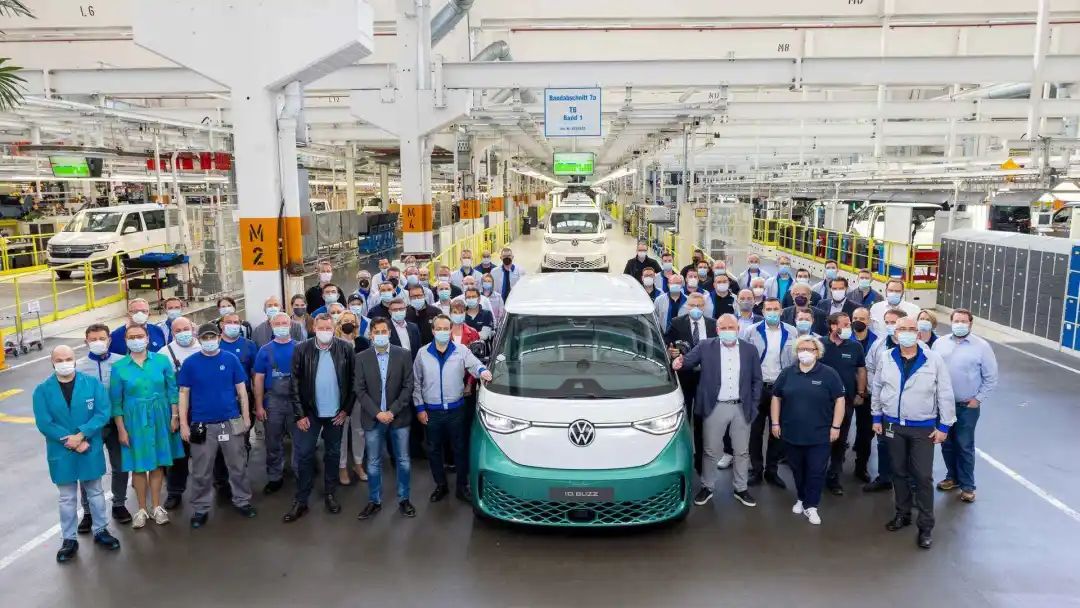
In addition to VW, other car companies have been more or less affected. The cost of gasoline and electricity in Europe has been soaring so far this year due to the outbreak of the Russia-Ukraine conflict and European sanctions on Russian oil and gas, and the cost advantage of using electric cars is gradually shrinking.
On Sept. 20, Tesla sent an email to owners in Europe warning them that the Supercharger network would again increase prices significantly. In the email, Tesla blamed the price increase on rising "energy prices" in Europe: "Due to rising energy prices, we are adjusting our charging prices across Europe."
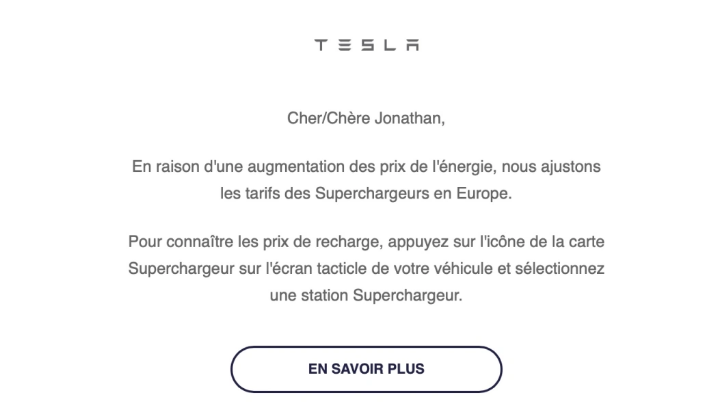
In the past, a full charge with a Tesla Supercharger would hardly have cost more than $5 or $10, but by now the cost of charging with a Supercharger in many parts of Europe has reached $0.50 per kilowatt hour, meaning that a full charge could cost as much as 30.
One of the biggest advantages of electric cars is that they are much cheaper to use on a daily basis than fuel cars, as electricity is usually much cheaper than gasoline, but their price advantage is now very slim.




